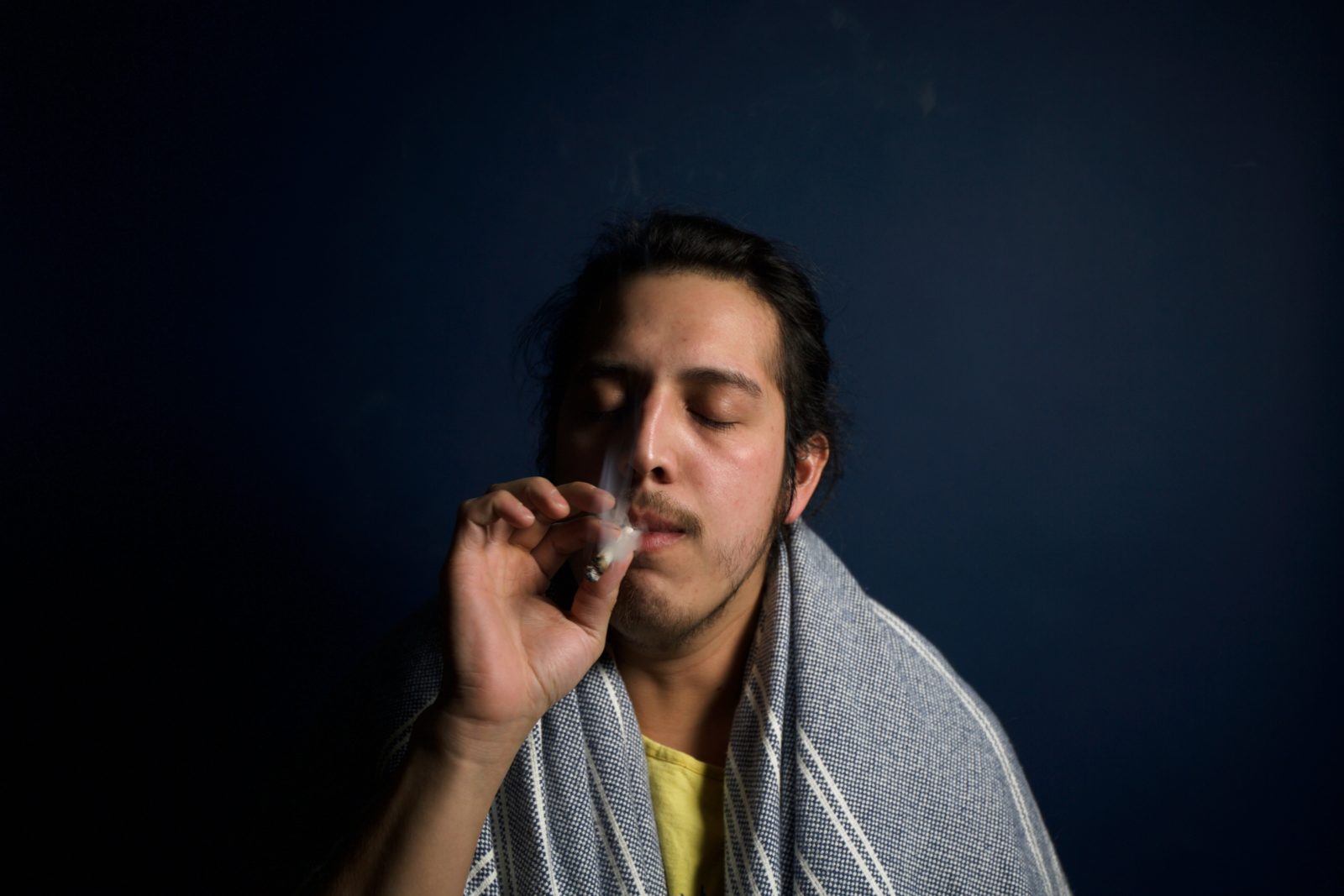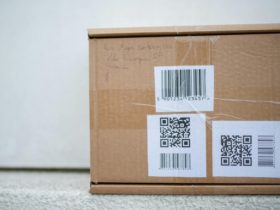In recent months, the Czech Republic has introduced legal marijuana, colloquially known as tetrahydrocannabinol (HHC). This compound is believed to have similar effects to the more familiar and illegal tetrahydrocannabinol (THC).
HHC gradually entered all e-shops and specialized stores that previously only sold CBD, a non-psychoactive compound believed to assist with anxiety and improve sleep.
Among young residents of Prague, the new substance HHC has gained popularity. The government responded by discussing the inclusion of HHC in the list of addictive substances on July 12. However, the proposal was rejected.
Some time ago, the editorial team spoke on this matter with an expert, specifically the Rational Addiction Policy Think Tank spokesperson, Petr Pleva. According to him, tens of thousands of Czechs already use this substance through smoking or consumption. Stores even sell gummy bears infused with HHC.
Experts generally welcome rejecting the proposal to classify HHC as an addictive substance.
“A ban itself doesn’t solve anything. Cannabis with a high THC content is also banned, yet we belong to the European countries with the highest percentage of users. Prohibition means that users will move to the black market, and we will lose all control over their consumption. The solution isn’t prohibition but strict regulation that protects users from consuming contaminated substances and restricts access to these substances for children and adolescents as much as possible,” stated Pleva.
However, there’s a proposal to sell this legal substance exclusively in specialized stores, where minors would be prohibited from entering.
“In e-shops, verifiable age verification will be required. Selling to minors will be heavily penalized,” explained Petr Pleva.
However, this proposal could pose challenges for Vietnamese convenience shops.
Vietnamese convenience shops and the prevalence of HHC
Recently, these shops have seen a significant spread of HHC. In the city center, you can find HHC almost everywhere. However, the editorial team has observed that this trend has reached the city’s outskirts.
We contacted several HHC vendors from authorized stores and e-shops for their perspectives, especially concerning Vietnamese convenience shops selling this substance and the competition aspect.
“Any competition shakes up the market a bit, but personally, I haven’t noticed it being so widespread in convenience shops. People aware of the risks might prefer sticking with verified vendors rather than unverified ones,” said Riccardo Ghibellini, master franchisee for Cbweed in the Czech Republic and Slovakia.
Another vendor had more to say.
Vietnamese convenience shops are a sore spot for him. He requested anonymity at the end of the interview. However, we can reveal that he is a significant player in the market, engaged in CBD sales for years before the advent of HHC.
“It’s terrible. I can’t find decent words. I have nothing against them, but I don’t like their sales practices. Who knows what they’re selling? I haven’t investigated it myself. Generally, people prefer buying from our e-shop, but if they pass by a convenience shop, they might buy their concoction,” the vendor shared.
His primary concern is the lack of regulation in sales.
“I would never consider selling something to a child. When they want something, they’ll send someone older. Everyone knows that. But the Vietnamese might sell anything, even a bottle of rum to a baby. I keep hearing about inspections, but who knows? I’m especially irritated by that,” the vendor criticized.
Nevertheless, he concluded that he doesn’t perceive them as significant competition, although he disapproves of their HHC business. After all, shops in the center of Prague have prices more than double the standard.
Nikolay Lezhnev from CBD World, with whom we’ve previously discussed the possible ban on CBD, has long been selling HHC in his store. He knows about HHC sales in Vietnamese convenience shops and has no issues with the quality of the sold material, as he sometimes supplies them himself.
However, he states that Vietnamese convenience shops will face problems if the law above is passed, restricting the sale of HHC to specialized stores.
“Hence, it’s temporary for them,” Lezhnev said, welcoming this possibility.
“It’s true that convenience shops often lack age control. We used to buy single cigarettes there in our youth. So, we all know their selling method, which is probably the only issue. It’s similar to vending machines,” noted Nikolay Lezhnev. He added that they include product recommendations to keep them out of children’s reach.
He doesn’t view Vietnamese convenience shops as competition. He believes people often prefer expert advice over a quick purchase from an unverified seller.
“It depends on whether a person has a Vietnamese convenience shop nearby. They might go there. But many people want advice and recommendations. Convenience shops don’t guide how to dose substances. That’s also a problem; they don’t advise. But it’s similar to alcohol; no one tells you whether to drink a bottle of vodka or take a shot. I even receive calls from customers from the competition, and I offer advice,” Lezhnev from CBD World concluded.








